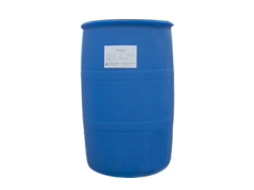The impact of surfactants on food safety can mainly include two aspects. On the one hand, surfactants themselves are enriched in animals and plants, and show their own toxicity with the accumulation of food chain in human body; On the other hand, the existence of surfactants accelerates the absorption of other toxic substances by plants, resulting in harm to food safety production.

Many studies have shown that surfactants, like pesticides, organic pollution and heavy metals, can be passively absorbed by plants and enter the food chain cycle. Among them, surfactants are significantly enriched in aquatic animals. With the transmission of biological chain, they can eventually enter the human body. Therefore, it is particularly important to strengthen the protection of water body and the safety monitoring of water quality.
The solubilization of oil by surfactant micelles may be an important mechanism for removing a small amount of liquid dirt from the solid surface. Various organic substances insoluble in water are added to different parts of the micelle due to their different properties to form a transparent and stable solution.
The non-polar oil is added and dissolved in the non-polar core of the micelle, and the polar oil is added and dissolved in the polar group area of the micelle shell according to its polar size and molecular structure, or the polar group of the oil molecule is anchored on the surface of the micelle, and the non-polar hydrocarbon chain is inserted into the core of the micelle. Therefore, the solubilization effect of removing oil is actually that the oil is dissolved in the washing solution, making it impossible for the oil to be deposited on the surface of the object, which greatly improves the washing effect.
The adsorption of surfactants on dirt and the surface of washing articles (from solution) has an important impact on the washing effect. This effect is mainly due to the change of interface and surface properties (such as mechanical, electrical and chemical properties) caused by adsorption.